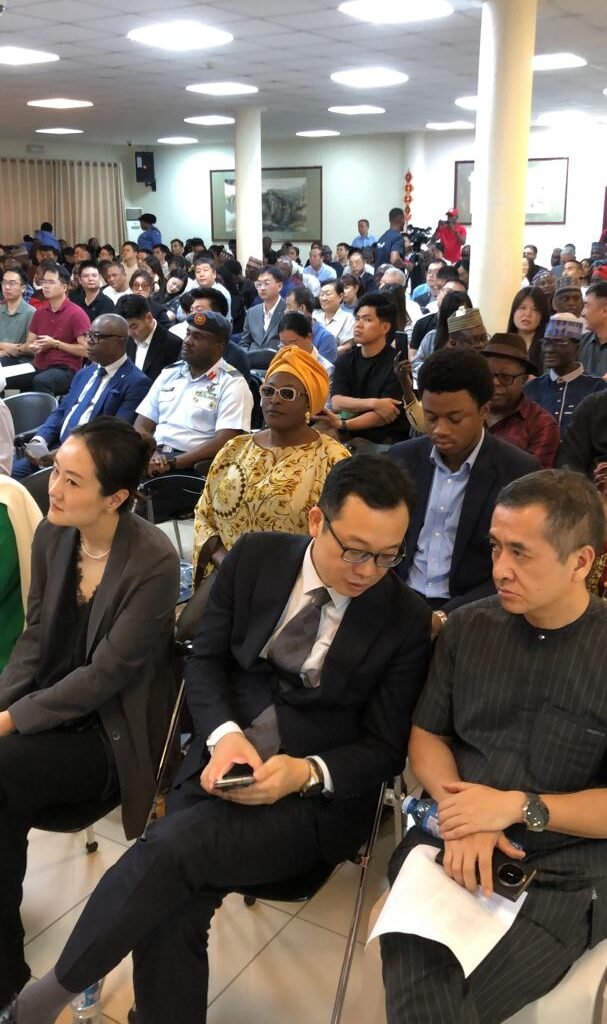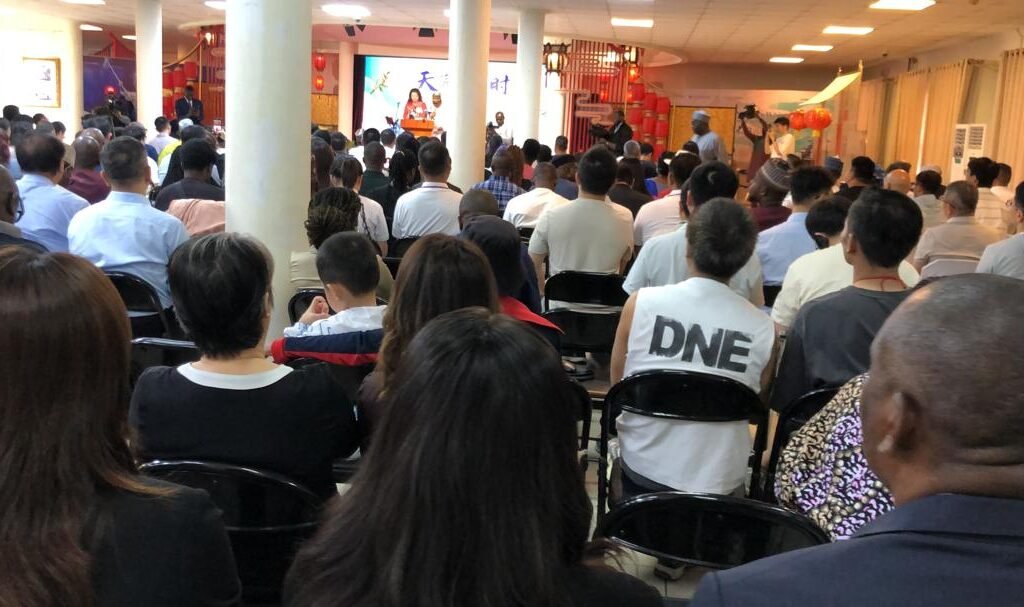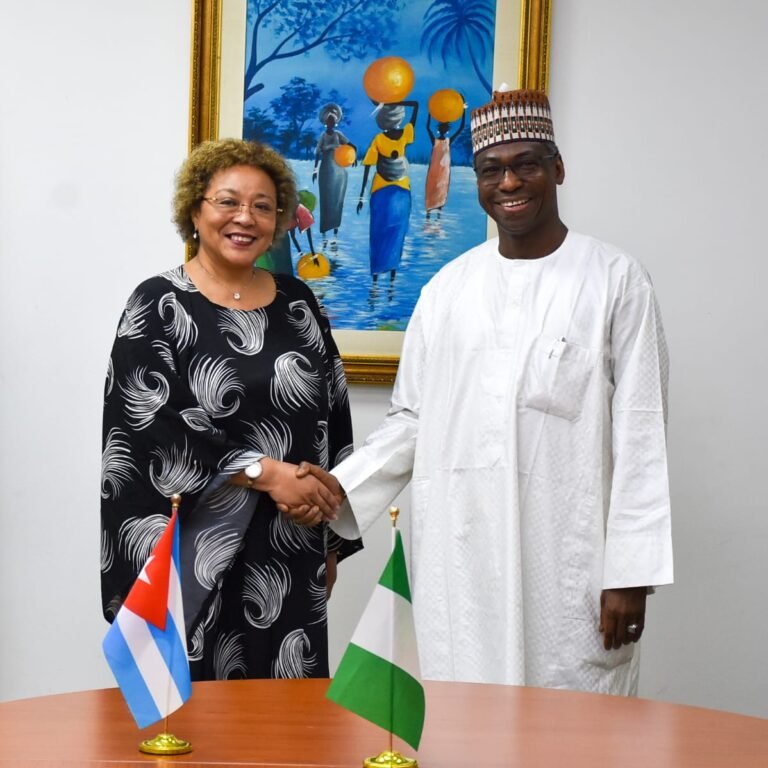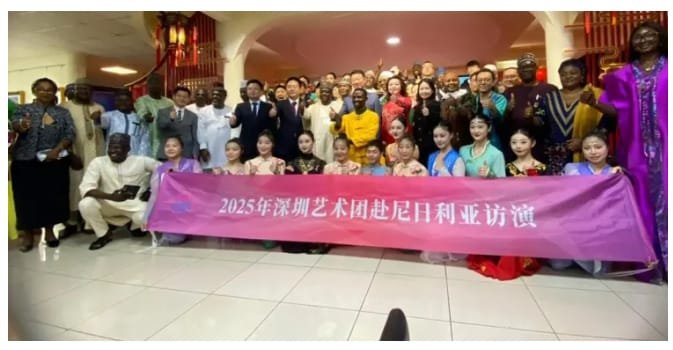
By Gabriel Ameh
Abuja — The Mid-Autumn Festival, one of China’s most cherished traditions, became a bridge of cultural diplomacy on Wednesday as Nigeria and China reaffirmed their friendship through art, music, and shared values.
Speaking at the celebration in Abuja, the Chinese Ambassador to Nigeria, Mr. Yu Dunhai, described cultural exchange as a “vital bridge” for fostering cooperation and mutual understanding between the two nations.
“The Mid-Autumn Festival is not only about family reunion and happiness; it is also a heartfelt expression of our warmest wishes for China–Nigeria friendship,” he said.
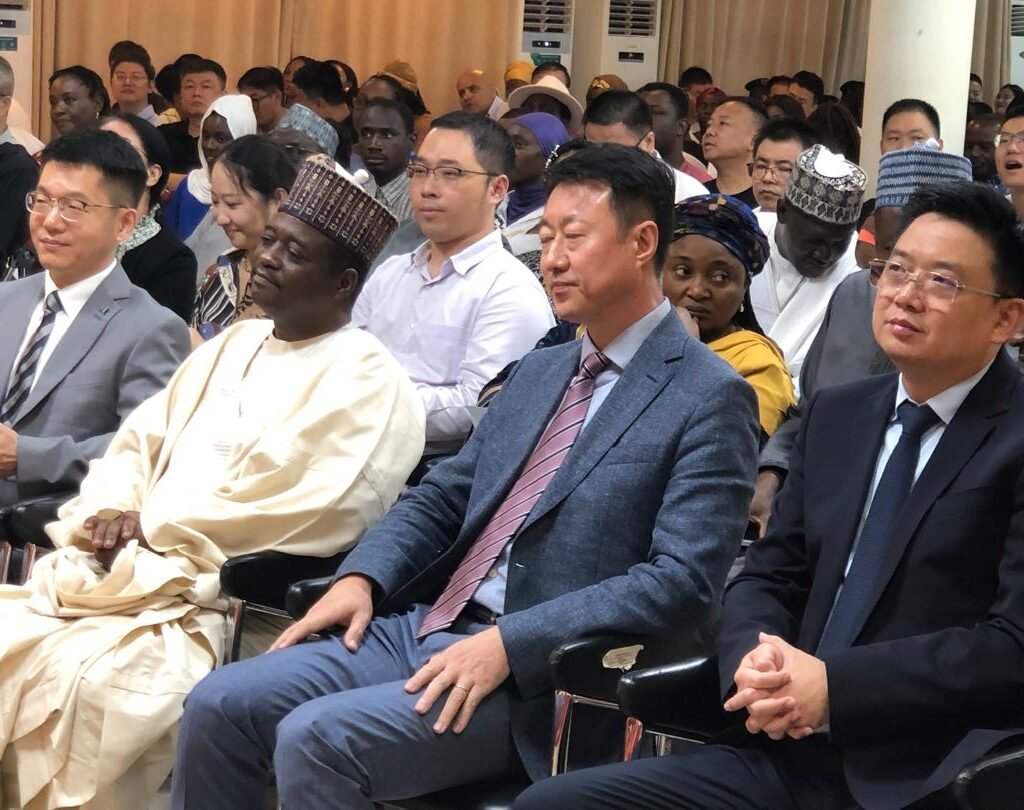
The event featured a visiting troupe of artists from Shenzhen, who thrilled the audience with traditional opera, martial arts, acrobatics, dance, and performances inspired by classic Chinese poetry. Dunhai praised Shenzhen’s transformation from a small fishing village into a global hub of technology and culture, noting that the city’s vibrant creative industry reflects a blend of tradition and innovation.
He emphasized that people-to-people connections remain the foundation of sound international relations, adding: “Friendship, which derives from close contact between peoples, holds the key to state-to-state relations.”
Nigeria’s Permanent Secretary in the Federal Ministry of Arts, Culture, Tourism and the Creative Economy, Dr. Mukhtar Yawale Muhammad, echoed the envoy’s sentiments, stressing the cultural similarities between the two countries.

“The Mid-Autumn Festival speaks of harvest, reunion, and blessings. These values are not foreign to us in Nigeria. This shared appreciation forms a powerful bridge between our peoples,” Muhammad said.
He further highlighted the symbolic significance of both Nigeria and China marking their National Days on October 1, calling it “a reminder of aligned destinies and shared aspirations for development and progress.”
Muhammad underscored the importance of cultural diplomacy, noting that Nigeria’s creative industries including film, music, fashion, and visual arts serve as powerful platforms for international engagement.
“Events like this are not just social gatherings; they are vital tools of diplomacy. The creative economy is a dynamic engine, showcasing the talent and spirit of our people to the world, including our friends in China,” he added.
Both officials agreed that while trade and infrastructure remain central to bilateral cooperation, cultural exchange and people-to-people understanding are equally crucial for the future of China–Nigeria relations.
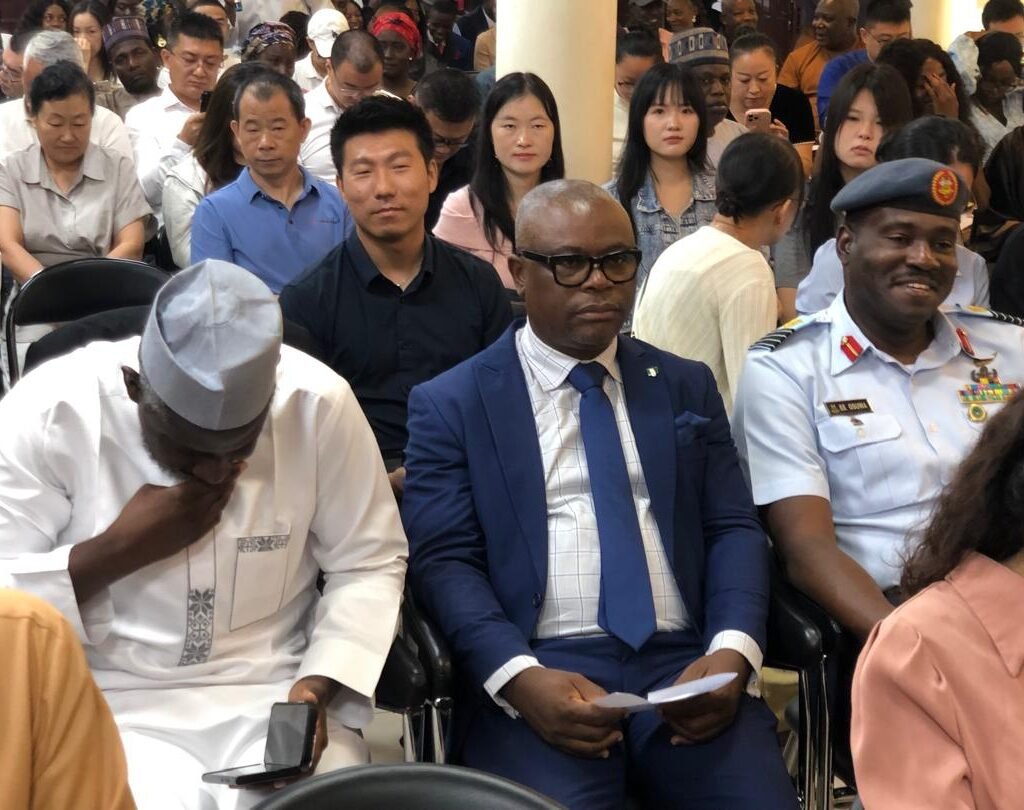
Closing his remarks, Muhammad proposed a symbolic toast: “Let us celebrate the harvest of our growing friendship, and may the bond between our two nations grow ever stronger.”
